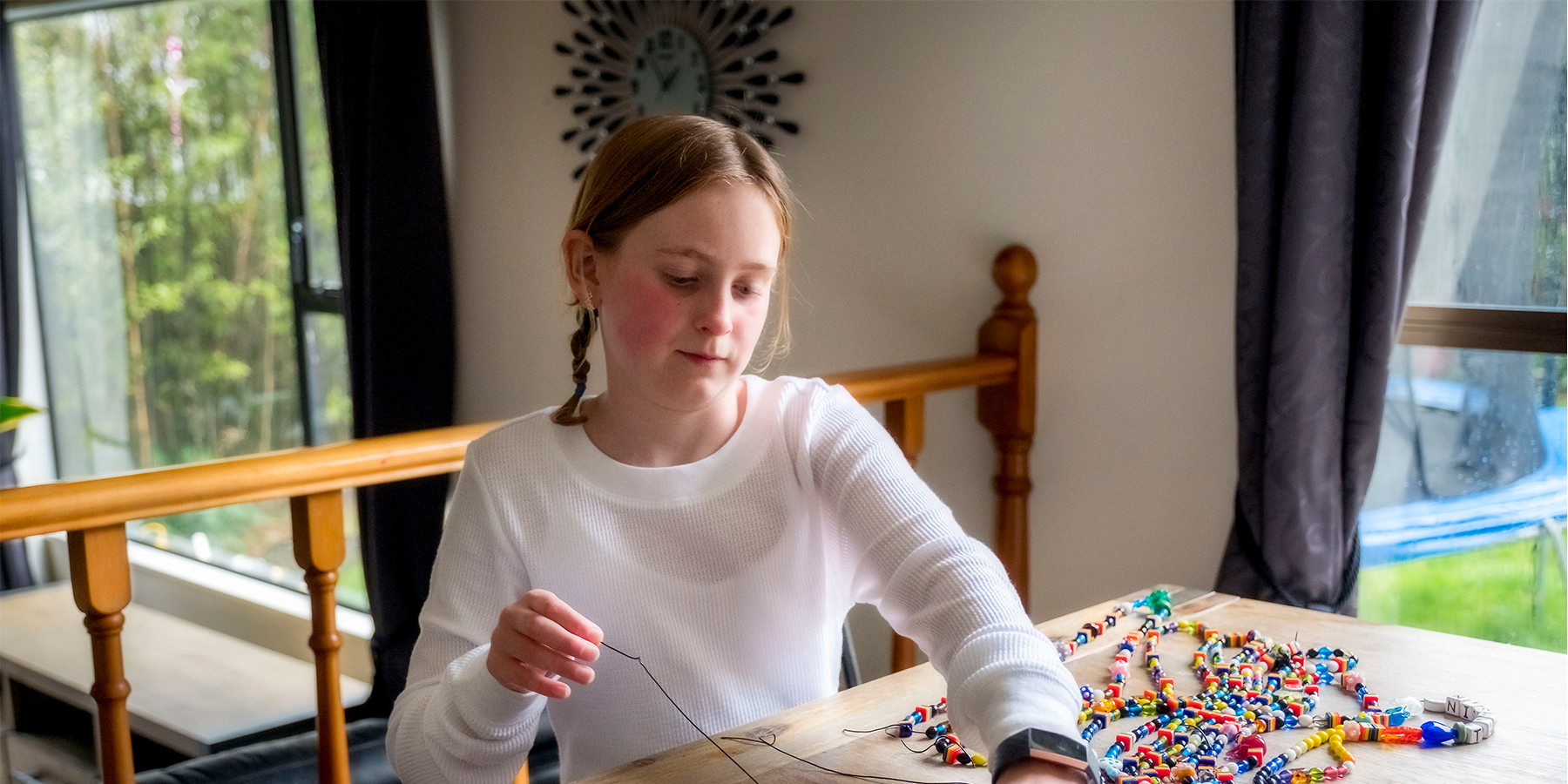How to help your child eat well during their cancer treatment
Ensuring your child is eating well during treatment can be stressful, particularly if they are experiencing problems with eating and drinking due to the side effects of treatment.
Here, Dr Amy Lovell and Claire Turnbull of Mission Nutrition answer a few of the questions you may have around your child’s nutrition:
- My child’s taste perception has changed, and they now cannot stomach food they used to love eating. Will this ever change?
Changes in taste and smell perception are common side effects of chemotherapy, and research has shown that up to 50% of children report experiencing changes in taste during treatment. Taste and smell are strongly linked to how we experience food, and managing these changes is a significant area of concern for patients and whānau undergoing treatment.
Experiences vary, and some whānau find that their child reports food as tasting sour, bitter, metallic, ‘bad’ or plain. There is limited research on the impact of taste and smell changes on food choices and dietary intake, and it is not clear whether cancer treatment causes permanent changes to these senses.
The best way to manage these changes is to choose foods that have stronger flavour, drink fluids to wash out the mouth and encourage good mouth hygiene. If favourite foods can no longer be tolerated, don’t push them; try to find alternatives that can be tolerated during treatment and revisit the favourites when ‘off treatment’. Keeping food interactions as positive as possible is key!

-
What are the best high-energy foods for making sure my child is getting the best input when they are not eating much?
Many of the symptoms experienced during treatment significantly impact your child’s ability to eat. Common side effects include loss of appetite, nausea, stomach discomfort, mouth pain and weight changes. These are challenging side effects, and it can be difficult to meet the increased energy demands a cancer diagnosis places on your child’s body.
Eating small but frequent portions of nutritious foods can be more successful for patients on treatment. While all nutrients are important to stay as healthy as possible, ensuring your child is getting enough energy and protein at each meal or snack is a good place to start.
High-energy options include full-fat dairy, adding extra olive oil, butter, nut butter or cheese to meals, dried fruit and nuts, milk-based puddings, toasted sandwiches, buttered pikelets, scones, muffins and fruit toast. You can boost protein through full-fat milk-based products, snacking on bliss balls or having crackers with dips made from avocado, hummus or other pulses.

- Is it okay for my child to snack when they feel like eating rather than eating whole meals? Does this set up bad habits?
Snacking can be an effective way to work with symptoms such as a reduced appetite and nausea. Serving foods in manageable portion sizes is also less overwhelming for your child. Eating regular meals every two hours can be more effective than sitting down for larger meals.
Try and include some protein in each meal and snack, including breakfast. Sometimes it can be difficult (and frustrating) to figure out what to feed your child when on treatment. Avoid negative feelings about food and eating by removing any pressure on your child to eat or using bribes, particularly when they aren’t feeling well.
Aiming to include carbohydrates (for energy), protein (for growth) and a fruit or vegetable (for nutrients) at each meal and snack is a good way to normalise eating during treatment. When you are at home, return to family meals for main meals and focus on diet quality rather than quantity to maintain food eating practices.
To find out more about Amy and Claire’s work, check out www.missionnutrition.co.nz and www.claireturnbull.co.nz.
Please note: This information is only a guide – if you have any concerns about your child’s eating you should talk to your medical team. For more helpful information, read our Nutrition Booklet at childcancer.org.nz/resources.
Read more stories like this in our latest issue of Sharing magazine.

